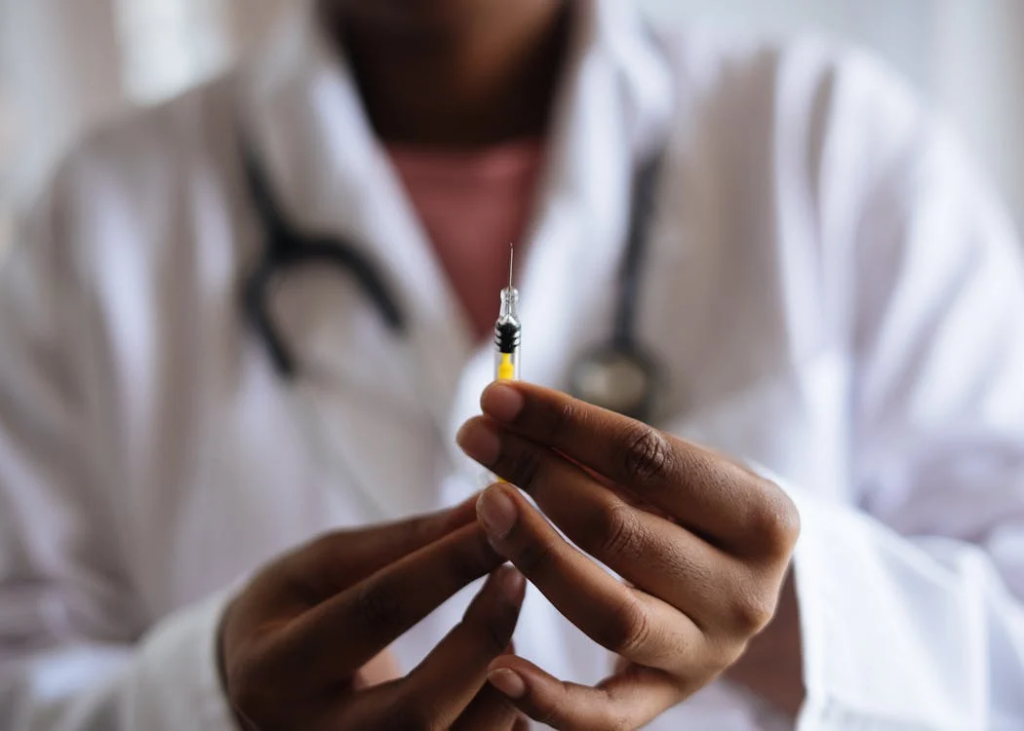Vaccines are one of the most remarkable achievements in medical science, saving millions of lives each year. They train your immune system to recognize and fight harmful pathogens without causing the disease itself. From childhood immunizations to preventive measures against global pandemics, vaccines have become an essential tool for safeguarding public health. In recent years, the conversation about vaccines has intensified, especially with the need for widespread immunization during the COVID-19 pandemic. If you’re considering getting a COVID-19 Vaccine in Oak Lawn, it’s essential to understand how these life-saving tools function and why they’re crucial for personal and community health.
The Science Behind Vaccines: How They Train Your Immune System
Vaccines take advantage of various aspects of the immune system, preparing it for future experiences with dangerous pathogens. When a vaccine is given, it gives your body a taste of the actual virus or bacteria but in a harmless form. It could be a weakened or inactivated form of the germ, a part of the germ such as a protein, or a molecule that contains instructions to your body to make a harmless part of the germ. These components stimulate your immune system to act as though it is under attack by a real invader.

When the immune system is presented with the vaccine, it creates antibodies to help fight them. These are proteins that identify the pathogen and particularly eliminate or inactivate it. Moreover, the immune system forms memory cells capable of “remembering” the pathogen. This memory helps you to react faster and more powerfully if you experience an actual disease in the future. For instance, COVID-19 vaccines deliver genetic materials to help cells develop a viral protein that, in turn, triggers the immune system to work well.
This process helps your body remain prepared to fight infections without suffering the worst disease. This makes vaccines so powerful in minimizing severe illness, hospitalizations, and deaths – preparing your immune system in advance.
The Broader Benefits of Vaccination: Protecting Communities
Vaccines are beneficial for people’s health, but it turns out the benefits are not limited to the individual. The term used when a large population is immunized is called Herd immunity. This happens when a large section of a population gets vaccinated or otherwise has developed immunity to the disease and cannot easily transmit it to others. Herd immunity is especially crucial for vulnerable populations that cannot be vaccinated, including people with specific underlying health issues or weakened immune systems.
Vaccines also have an essential function in the prevention and elimination of diseases. For instance, smallpox has been stamped out throughout the world through intensive vaccination campaigns, and diseases like polio are now almost on the verge of being eliminated in several countries. These achievements demonstrate the extent to which vaccines work in improving global health and reducing the incidence of epidemics and overall healthcare costs.

Besides the direct benefit, vaccines have additional benefits at the societal level. They cut down the financial loss of days off work, medical expenses, and the long-term effects of emergent diseases among people. The collective benefits outlined above are why taking the vaccine is not only an individual decision but a social one.
Conclusion
Knowing how vaccines work and how they are made underlines their importance in protecting people’s health. Vaccines work by creating an immunity to the organisms that cause infections by copying those infections safely. Indications of their utility are not limited to personal gain since they make a herd immune and do not allow the spread of diseases in communities. From simple annual flu shots to more selective vaccinations like the COVID-19 Vaccine in Oak Lawn, understanding how they work helps people make choices that will improve their health and the health of others. Vaccines are still a powerful tool in today’s world and help people live better and build a better tomorrow.
